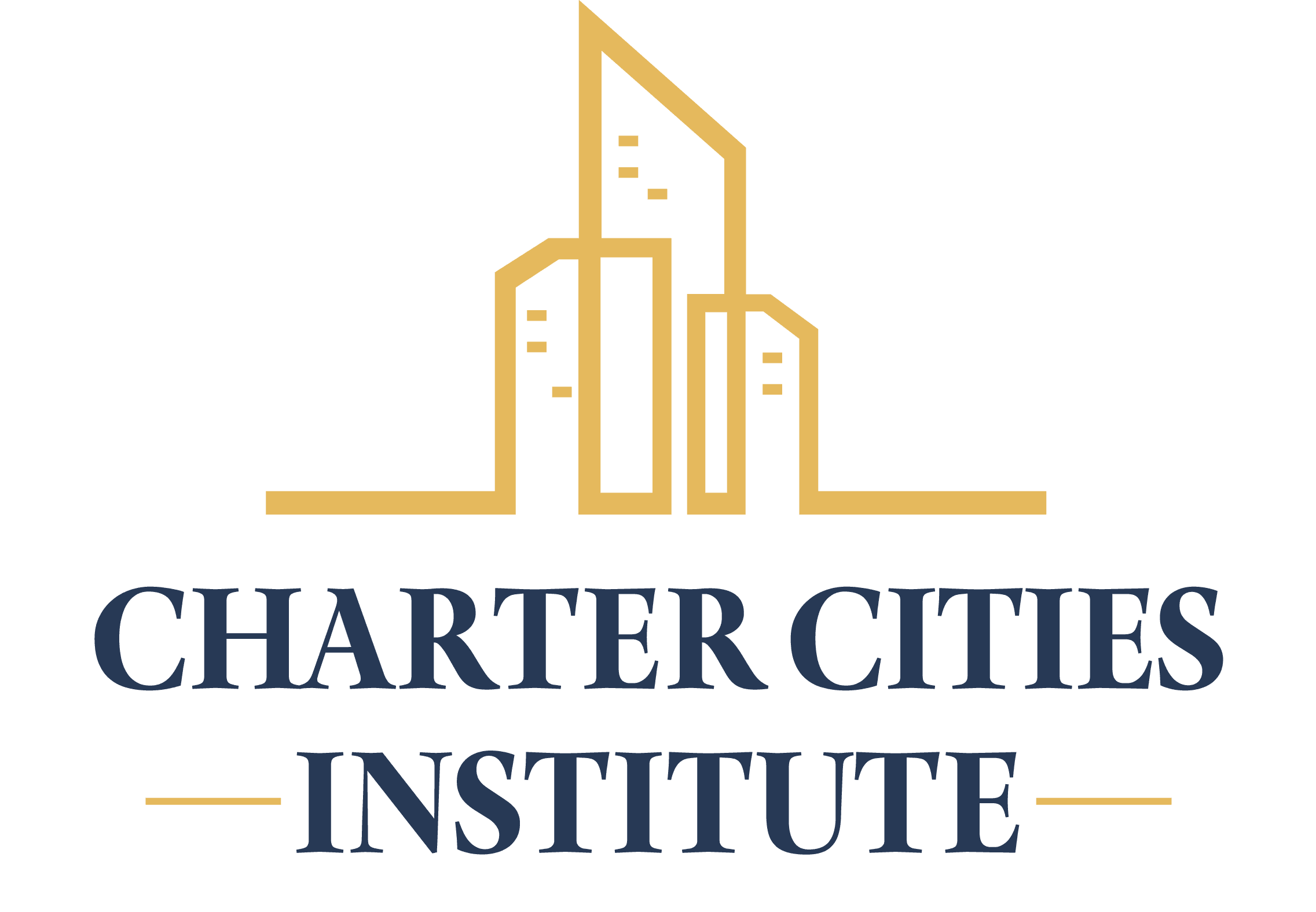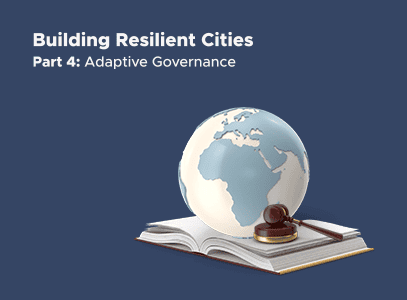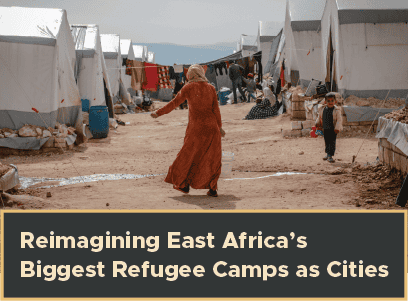Leveraging the Charter Cities Model for Africa’s Mineral Resources Towards Sustainable Growth
By Beauty Murombo and Tumai Murombo
The concept of charter cities presents an opportunity to develop new cities from scratch with proper planning, design, and implementation to avoid the pitfalls which have befallen orthodox cities. The model may face challenges in the context of Africa where the history of domination and colonisation has made countries suspicious of models premised on partnerships with developed countries. However, researchers have noted the uniqueness of the charter cities model and its potential to enable countries to develop cities that can anchor sustainable economic growth. Concerns remain about implications for inequality, enclave development and inclusivity. This paper explores how the charter cities approach can be adapted to Africa’s social, economic and developmental context to maximise natural resources, especially minerals (extractive resources). We argue that this model can enable resource rich communities to benefit from charter cities created around resource rich areas, with foresight to enable post-extraction city sustainability by nurturing other economic activities that are not dependent on the resource deposit. We conclude that for charter cities to achieve the intended impact, strong institutions are necessary backed by good governance and effective regulatory frameworks aligned to regional development frameworks.
Reconfiguring Special Economic Zones for Sustainable Development and Inclusive Growth in Africa: A Theoretical Review
By Kholiswa Malindini
For decades, special economic zones (SEZs) have been popularly used as an industrial policy strategy to drive economic growth and development. They are a tool to facilitate the creation of industrial complexes that have a strategic national economic advantage for targeted investments and industries in the manufacturing sector and tradable industries. Several benefits from SEZ development have been identified; however, the success and benefits of SEZs vary by country and region. While SEZs focus on stimulating industrial development, charter cities focus on residential and industrial development in a new model. This paper explores the literature to identify factors behind the failure of the SEZ model in Africa and explores the charter cities model as an alternative. The findings reveal that a weak institutional and regulatory framework, lack of coordination among stakeholders, SEZ design, poor alignment of SEZ policy to national policy objectives, and lack of infrastructure investment are the significant challenges that hinder the success of SEZs in Africa. Nevertheless, the charter cities model is suitable for African countries since it stimulates urban planning through coordinated governance which eventually reduces the cost of doing business, thus promoting sustainable growth and development. For instance, proper coordination among ministries responsible for urban planning and economic development and fiscal matters, sectoral ministries and specialized agencies, public-private partnerships, city-level public actors, local urban planning authorities, as well as investment promotion agencies at all spheres of government need to participate as strategic partners in facilitating investments actively.
The Role of PPPs and the AfDB in Charter Cities Financing
By Prince Mudau
Many citizens of African countries are migrating to cities for a better life, which has given Africa the fastest urbanisation rate in the world. However, at the global level, the continent has the lowest urbanisation rate (Githira, et al. 2020). By 2050, half of the African population is expected to be living in cities. Africa is going through its era of urbanisation. Rapid urbanisation in Africa has its own shortfalls which include violent crime, lacking infrastructure, diminished economic opportunities, and major informal settlements. These issues are symptoms of Africa’s intrinsic and pervasive problems of misgovernance, lack of structural transformation, and economic stagnation. There is no silver bullet to solve all these issues within the existing cities. Rikhotso (2021), writing on charter cities as an alternative to current urbanisation problems, asked “Is there an alternative to conventional urban African cities, and if so, what is it?”. Outside-the-box city models, such as charter cities, offer a glimmer of hope to solving Africa’s urbanisation problems.







